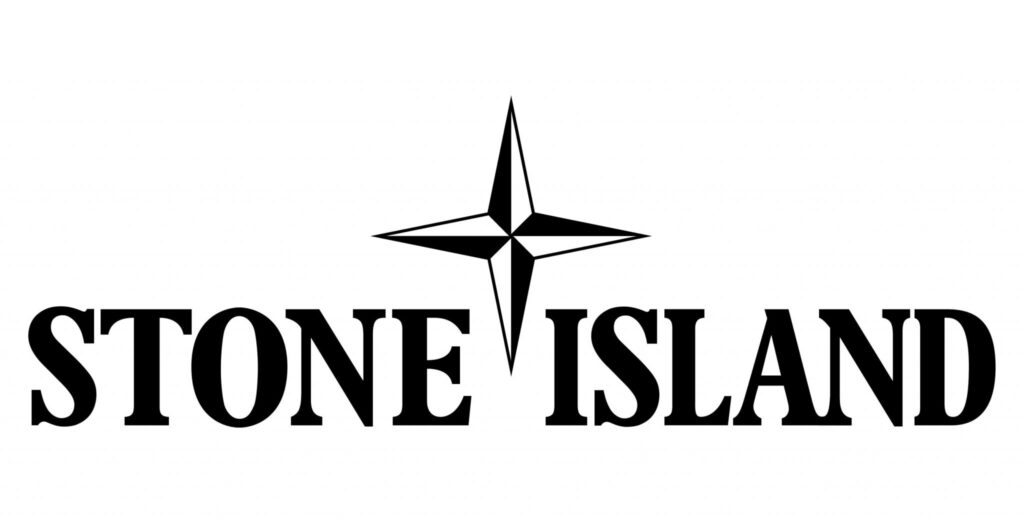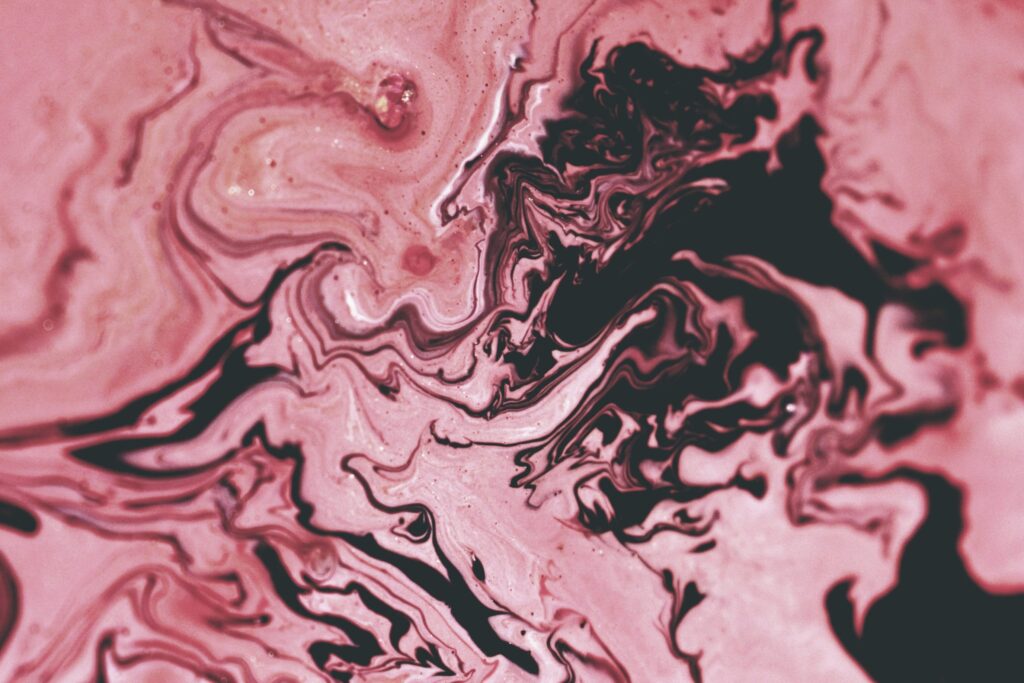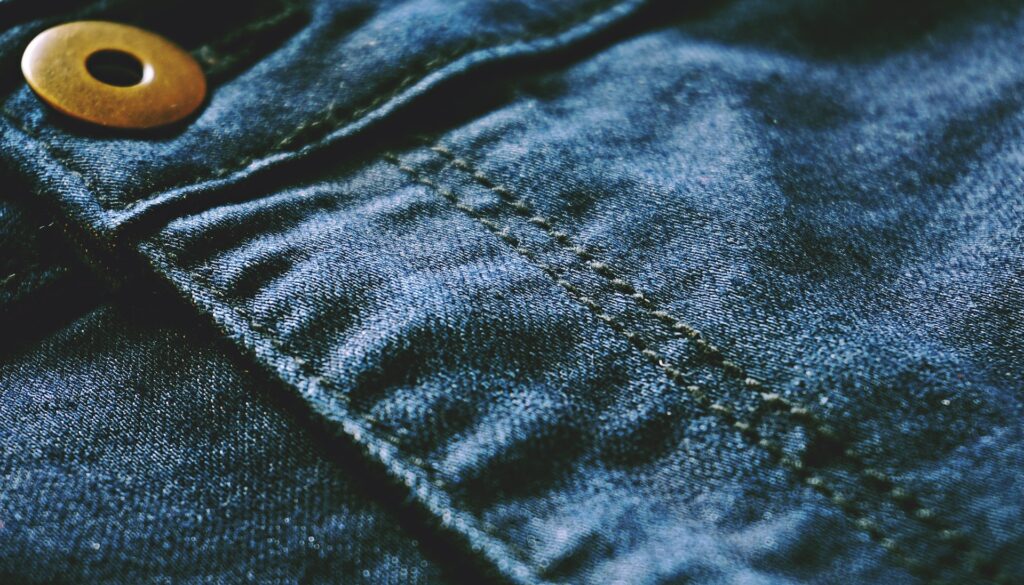
Stone Island Logo
Stone Island: Pushing Boundaries in Fashion
The Origins of Stone Island
If you’re a fan of fashion and innovation, you’ve likely heard of Stone Island. Founded in 1982 by Massimo Osti, this iconic brand draws inspiration from functional clothing used by military personnel and workers, and seeks to create clothing that is both practical and stylish. Stone Island has a loyal following among fashion enthusiasts and is considered a highly sought-after brand.
Knitting Techniques: Circular Knitting Machine and Flat Knitting Machine
Once the yarn has been spun, Stone Island may use a variety of knitting techniques to create its wool products. For example, the brand may use a circular knitting machine, which can produce a seamless garment,
or a flat knitting machine, which can create a garment in separate pieces that are later sewn together.
Circular knitting machines are used to create seamless garments like hats, gloves, and socks. The machine is designed to knit in a continuous loop, producing a tubular fabric that doesn’t have any seams. This is achieved by a set of needles that are arranged in a circular pattern and move in a continuous motion. The circular knitting machine is ideal for creating garments that require a close fit or stretch, as the resulting fabric is stretchy and can conform to the wearer’s body shape.
On the other hand, flat knitting machines are used to create garments in separate pieces that are later sewn together. These machines use a series of needles that move back and forth, creating a fabric that has distinct rows and columns. Flat knitting machines are typically used to create garments like sweaters and scarves, which require a more complex design with different shapes and sizes. While flat knitting machines are more time-consuming than circular knitting machines, they offer greater versatility and flexibility in terms of design.
Wool Products
While Stone Island is best known for its use of innovative materials like Nylon Metal and Thermo-Sensitive fabric, the brand also uses high-quality wool in many of its products. Stone Island sources its wool from a variety of countries around the world, including Australia, New Zealand, and South America. The brand is committed to using only the highest quality wool, and works closely with its suppliers to ensure that the wool is ethically sourced and meets the brand’s standards for quality and sustainability.
Once the wool has been sourced, Stone Island uses a variety of techniques to create its wool products. One of the most important steps in the process is the spinning of the wool. Stone Island uses a variety of spinning techniques, including worsted spinning and woollen spinning, depending on the desired effect.
Once the yarn has been spun, Stone Island may use a variety of knitting techniques to create its wool products. For example, the brand may use a circular knitting machine, which can produce a seamless garment, or a flat knitting machine, which can create a garment in separate pieces that are later sewn together.
Stone Island’s Commitment to Sustainability
In addition to its use of high-quality wool and advanced manufacturing techniques, Stone Island is also committed to sustainability. The brand works to minimize its environmental impact at every stage of the production process, and uses eco-friendly materials whenever possible.
Stone Island’s commitment to sustainability is reflected in its use of organic and recycled materials in its products. The brand also works with suppliers who share its commitment to sustainability, and seeks to minimize waste and energy consumption in its factories and offices.
Stone Island has also implemented several initiatives to reduce its carbon footprint and support environmental conservation efforts. For example, the brand has launched a program to plant new trees in areas affected by deforestation, and has committed to using renewable energy sources in its factories.

Colour Pigment
Garment-Dyeing Process
In addition to its use of innovative materials, Stone Island is also known for its garment-dyeing process, which involves dyeing finished garments instead of individual pieces of fabric. This gives the clothing a unique, vintage look and feel, and ensures that each garment is one-of-a-kind.
The garment-dyeing process used by Stone Island is a labour-intensive and time-consuming process, but it results in clothing that is both beautiful and durable. The process typically involves pre-washing the garment to remove any impurities or residues that may interfere with the dyeing process, followed by dyeing the garment in a specialized dye bath using high-quality, long-lasting pigments. The garment is then washed multiple times to remove any excess dye and to soften the fabric, with each wash also helping to set the dye and ensure that the colour remains consistent.
Stone Island may apply various treatments to the garment to enhance its look and feel, such as a special coating or wax treatment to create a water-resistant or windproof finish.
Eco-Friendly Materials
One way Stone Island promotes sustainability is by using eco-friendly materials whenever possible. The brand works with its suppliers to source sustainable materials that have a lower environmental impact. For example, the brand has incorporated recycled polyester, organic cotton, and TENCEL™ into its collections.
Recycled polyester is created by repurposing plastic waste, such as plastic bottles, into new fibres. Organic cotton is grown without the use of harmful pesticides and synthetic fertilizers, which helps to reduce water pollution and protect the health of farmers. TENCEL™ is a sustainably sourced fibre made from eucalyptus trees. The trees are grown in responsibly managed forests and the fibre production process requires less water and energy than other fibres.
Innovative Materials and Manufacturing Techniques
One of the most famous fabrics used by Stone Island is Nylon Metal, a material that combines the lightness and durability of nylon with a distinctive metallic sheen. The fabric is created by weaving nylon threads with a special metallic coating, which creates a subtle, iridescent effect that changes depending on the angle of light. Nylon Metal is water-resistant and quick-drying, making it a popular choice for outerwear and jackets.
Another notable fabric used by Stone Island is Thermo-Sensitive fabric, which is designed to change colour in response to changes in temperature. This fabric is made using a special heat-sensitive coating that is applied to a variety of materials, including cotton, nylon, and wool. When the fabric is exposed to heat, the coating changes colour, creating a striking and dynamic effect. Stone Island has used this technology in a variety of garments, including jackets, T-shirts, and sweatshirts.
Stone Island’s Ghost pieces are another popular line of products that make use of innovative textile technology. These garments are made using a unique dyeing technique that creates a monochromatic, tonal effect. The dye is applied to the fabric in multiple stages, creating a subtle, almost imperceptible colour gradient. This creates a ghostly effect that gives the garments a sense of depth and texture.
Other high-tech fabrics used by Stone Island include Reflective fabric, which is made using a special coating that reflects light, making it highly visible in low-light conditions, and Mussola Gommata fabric, which combines the softness and texture of cotton with the waterproof properties of rubber.
Overall, Stone Island’s use of innovative fabrics and textile technology has helped to establish the brand as a leader in the fashion industry. By experimenting with new materials and manufacturing techniques, the company has been able to create garments that are both functional and aesthetically striking, setting it apart from its competitors.
Environmental Impact Reduction
Stone Island is also committed to reducing its environmental impact through its production processes. The brand employs a range of strategies to minimize waste, reduce energy consumption, and decrease its carbon footprint.
For example, the brand uses state-of-the-art technologies in its production processes to reduce waste and limit energy consumption. It has implemented a water treatment plant that recycles and purifies water used in the production processes, reducing water waste and minimizing the environmental impact. The brand also uses renewable energy sources to power its production processes.
Standards and Certifications
Stone Island maintains rigorous environmental and ethical standards throughout its operations. The brand has obtained certifications from independent third-party organizations that verify its commitment to sustainability and ethical practices.
Stone Island has obtained the STANDARD 100 by OEKO-TEX® certification, which verifies that its products are free from harmful substances and are safe for human use. Stone Island has also obtained the Global Organic Textile Standard (GOTS) certification for its use of organic cotton. Additionally, the brand is a member of the Better Cotton Initiative, which promotes sustainable cotton farming practices.
Conclusion
Stone Island is a fashion brand that has made a name for itself through its innovative use of materials and manufacturing techniques. The brand’s commitment to high-quality wool and advanced manufacturing techniques has resulted in wool products that are both stylish and functional. In addition to its commitment to quality, Stone Island also prioritizes sustainability throughout its operations, using eco-friendly materials and implementing strategies to minimize its environmental impact. With its unique designs, commitment to sustainability, and high-quality products, Stone Island is a brand that is sure to remain a favorite among fashion enthusiasts for years to come.
Whether you’re looking for a cozy wool sweater, a stylish jacket, or a pair of high-performance combats or denim, Stone Island has something to offer. With its focus on sustainability, you can feel good about your purchase knowing that you’re supporting a brand that is committed to making a positive impact on the environment.


